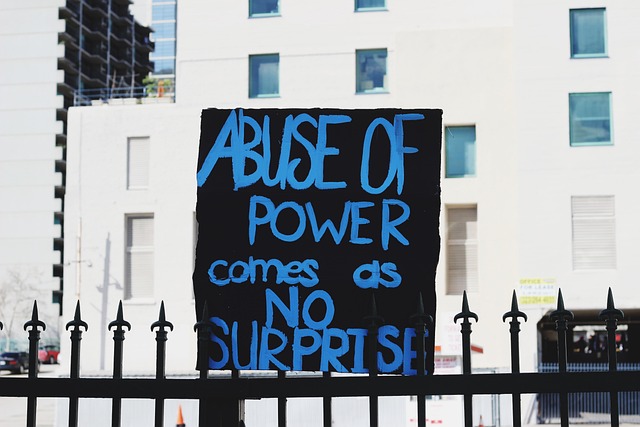In Louisville, Kentucky, clergy sexual assault cases face a complex legal landscape due to evolving state laws and local regulations. Recent incidents have spurred stringent policies for background checks, mandatory reporting, and enhanced training for clergy, aiming to protect vulnerable groups like minors and those in power imbalances within religious contexts. While Kentucky law holds institutions accountable, religious organizations often enjoy legal protections, requiring plaintiffs to prove sexual assault and institutional negligence or complicity. Local churches are under increased scrutiny to adopt robust policies and procedures, reevaluating liability approaches and fostering accountability to prevent and address sexual misconduct by clergy.
In Louisville, Kentucky, understanding church liability in clergy sexual assault cases is a complex yet crucial matter. This article delves into the unique legal landscape, exploring how state laws shape accountability. We examine case studies that have influenced clergy liability standards and analyze churches’ responsibilities, including their duty of care towards congregation members and the role of policies in prevention and response. Additionally, we navigate the intricate process of claims resolution, highlighting survivor rights and available paths to justice within Louisville’s legal framework.
The Legal Landscape of Clergy Sexual Assault in Louisville, KY
In Louisville, KY, the legal landscape surrounding clergy sexual assault cases is complex and evolving. The city has seen a surge in such incidents, prompting increased scrutiny on how religious institutions handle allegations against their clergy. Local laws and state-level regulations play a crucial role in defining the liability of churches and religious organizations when faced with these sensitive matters. Key legal frameworks involve provisions related to reporting requirements, consent, and institutional accountability.
Louisville’s judicial system has been actively engaging with these issues, setting precedents that shape how similar cases are handled across the state. The city’s proactive approach includes stringent policies for background checks, mandatory reporting of suspected abuse, and enhanced training for clergy members on recognizing and preventing sexual misconduct. These measures reflect a broader trend in Louisville KY to create a safer environment, both physically and emotionally, for its community, particularly vulnerable groups like minors and individuals facing power imbalances within religious contexts.
– Understanding the unique legal context in Kentucky
In Kentucky, particularly in cities like Louisville KY, clergy sexual assault cases navigate a complex legal landscape. The state’s laws regarding institutional liability and religious freedom create a unique context for these sensitive cases. While Kentucky has made strides in holding institutions accountable for sexual misconduct, religious organizations often enjoy certain protections under the law. Understanding this dynamic is crucial when navigating a clergy sexual assault claim in Louisville KY.
The legal framework in Louisville KY requires careful consideration of both state statutes and federal regulations. Plaintiffs must demonstrate not only that sexual assault occurred but also that the church or its representatives were negligent or complicit in facilitating the abuse. This involves uncovering policies, procedures, and cultural norms within the institution to establish liability. In Louisville KY, where religious communities are integral parts of the fabric, this process demands sensitivity and a deep understanding of both legal principles and community dynamics.
– Case studies and their impact on clergy liability
In recent years, case studies of clergy sexual assault have brought significant attention to the issue of church liability in Louisville, KY and beyond. High-profile cases have shed light on the complex interplay between religious institutions and legal responsibility, particularly when it comes to protecting vulnerable individuals within their care. These incidents have sparked important conversations about the role of churches in preventing and addressing such assaults, as well as the potential obligations of clergy members and organizations to ensure safer environments.
The impact of these case studies has been profound, leading to increased scrutiny and a call for greater transparency from religious institutions. Louisville, known for its diverse faith communities, is no exception, as local churches have faced growing pressure to adopt more stringent policies and procedures aimed at preventing and responding to sexual misconduct by clergy. This shift in public perception and legal landscape demands that church leaders across the board reevaluate their approaches to liability, safety protocols, and support systems, not only to mitigate risks but also to foster a culture of accountability and healing within their congregations.



